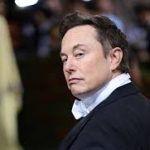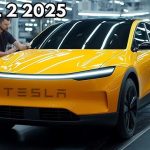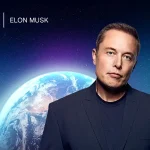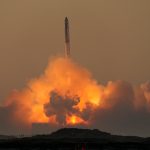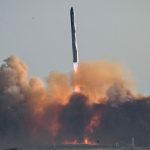Elon Musk: ‘Tesla cars will become mobile robots in the future’
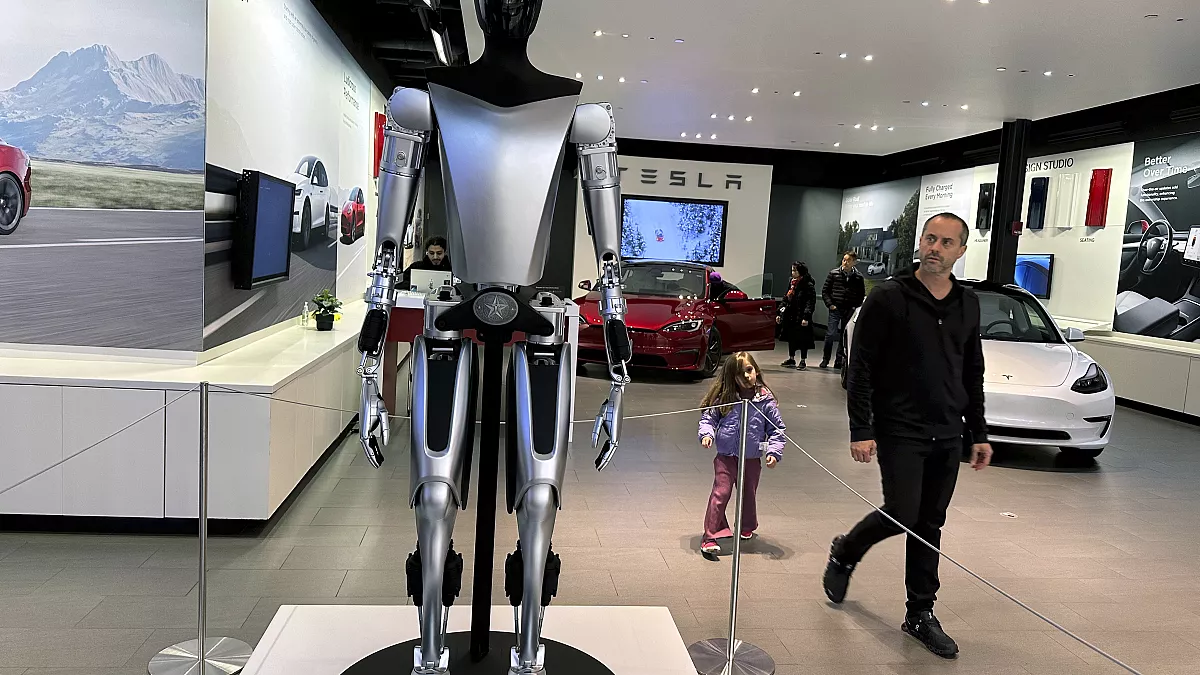
🎬 Elon Musk: ‘Tesla Cars Will Become Mobile Robots in the Future’
Elon Musk, the CEO of Tesla, has long been a visionary when it comes to the future of technology and artificial intelligence. In a recent statement that has garnered significant attention, Musk suggested that Tesla cars will evolve into “mobile robots” in the future. This bold declaration points toward a future where vehicles are no longer just modes of transportation but multifunctional tools capable of interacting with the environment in new and exciting ways. According to Musk, the future of Tesla vehicles will go beyond the current iteration of electric cars, incorporating advanced AI systems that will transform the way we view mobility.
What Does Musk Mean by “Mobile Robots”?
Musk’s concept of Tesla cars as mobile robots goes beyond simply having autonomous driving capabilities. While Tesla’s self-driving technology, powered by their Full Self-Driving (FSD) system, has already taken major steps toward creating vehicles that can navigate roads with little to no human intervention, Musk envisions much more. He sees Tesla cars of the future as adaptable, intelligent machines that can perform a range of tasks independently. From performing home maintenance to assisting with deliveries and even acting as personal assistants, these “mobile robots” will not be bound by their role as vehicles alone. Musk’s futuristic vision taps into the idea of cars becoming multifunctional tools that could enhance the quality of life for their owners, making them indispensable beyond just their transportation role.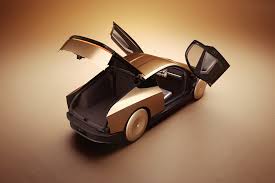
The Role of AI and Automation
The key to this transformation lies in artificial intelligence (AI) and advanced automation. Tesla’s AI systems, already at the forefront of self-driving technology, are expected to continue evolving, allowing cars to take on increasingly complex tasks. Musk believes that with improvements in AI, Tesla vehicles will be able to perceive their surroundings in far more detailed and nuanced ways than they do today. This could include recognizing faces, responding to voice commands with greater precision, and even learning how to perform tasks around the home or in the workplace. In addition to transportation, this AI-powered adaptability could see Tesla cars acting as personal assistants, helping with everything from running errands to providing security. As these robots gain more sophisticated capabilities, they could work seamlessly with other smart technologies, becoming an integral part of a home’s ecosystem.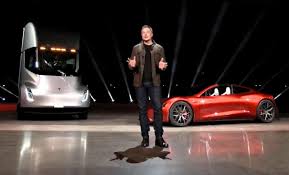
A Glimpse Into the Future: Robotics, Transportation, and Lifestyle Integration
While the concept of “mobile robots” might sound like something straight out of a science fiction movie, Musk’s statement is grounded in Tesla’s ongoing efforts to lead the charge in both the electric vehicle and artificial intelligence spaces. The potential for these vehicles to serve as autonomous, AI-powered helpers raises questions about how we will live and work in the future. Imagine a world where a Tesla vehicle could autonomously perform tasks like grocery shopping, delivering packages, or even assisting elderly family members with mobility and day-to-day activities.
This future would represent a profound shift in the role of personal vehicles. Rather than just acting as tools for commuting, they could become an extension of the home, interacting with various smart devices and providing a seamless experience between transportation and everyday life. Tesla’s push toward making these vehicles more autonomous and intelligent could make them the cornerstone of a future where robotics and human interaction are more intertwined than ever before.
What to Expect: A Revolution in Transportation and Daily Life
Tesla’s future “mobile robots” will likely revolutionize not only the transportation industry but also the way we think about personal technology. The integration of robotics, AI, and smart technology into cars is just the beginning of what could become a much broader trend toward multifunctional, intelligent machines that improve the quality of life. As the capabilities of Tesla vehicles expand, the lines between what we consider a vehicle, a robot, and a household assistant will blur. Tesla, with its innovative approach to both automotive engineering and artificial intelligence, is poised to lead the charge in this exciting transformation. Whether or not we see the full realization of this vision in the next few years, it’s clear that Elon Musk’s aspirations for Tesla cars to evolve into mobile robots will have a lasting impact on the future of technology, mobility, and the very way we live.
